The Bluenose of Nova Scotia
The most famous ship in Canadian history, the Bluenose was both a fishing and racing vessel in the 1920s and 1930s. The Nova Scotia schooner achieved immortality when its image was engraved onto the Canadian dime.
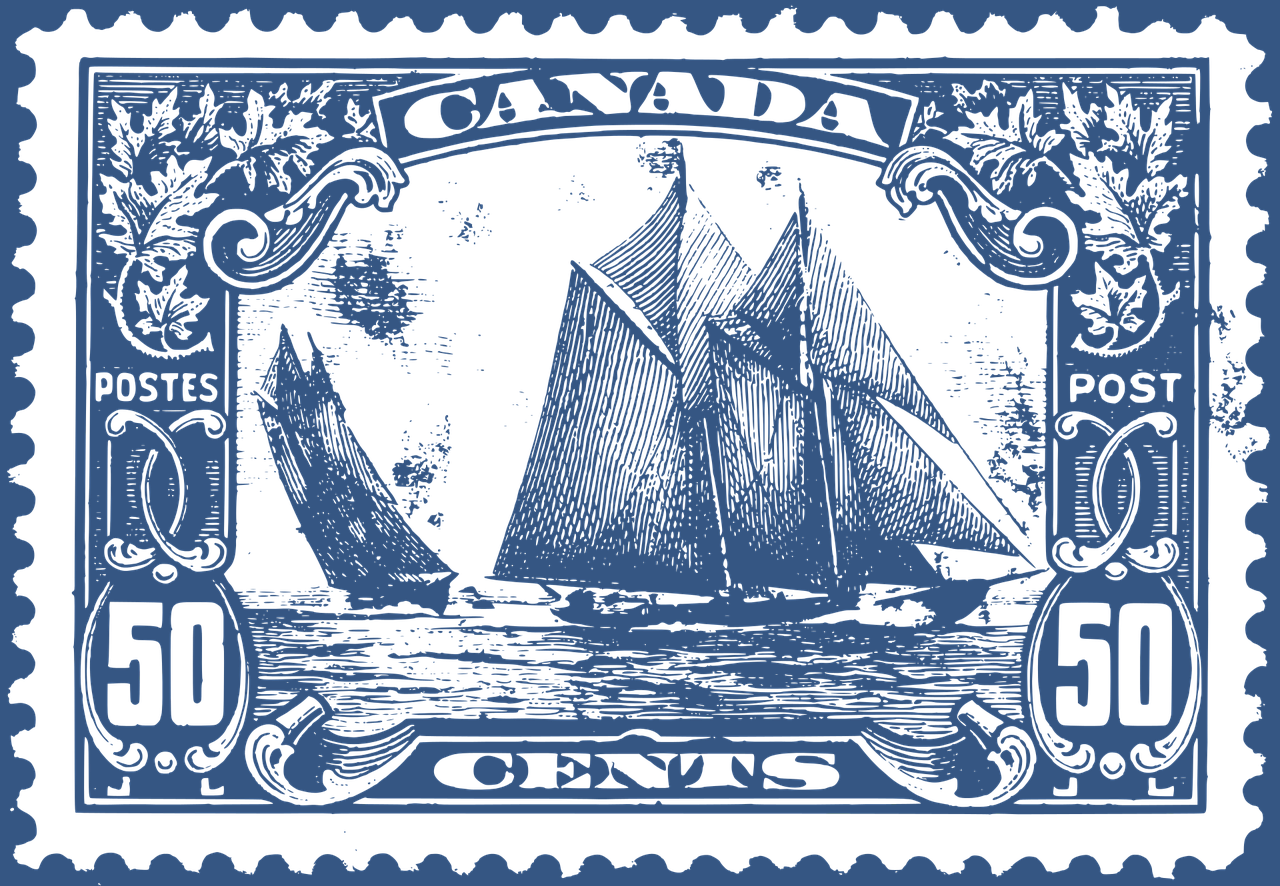
The most famous ship in Canadian history, the Bluenose was both a fishing and racing vessel in the 1920s and 1930s. The Nova Scotia schooner achieved immortality when its image was engraved onto the Canadian dime.
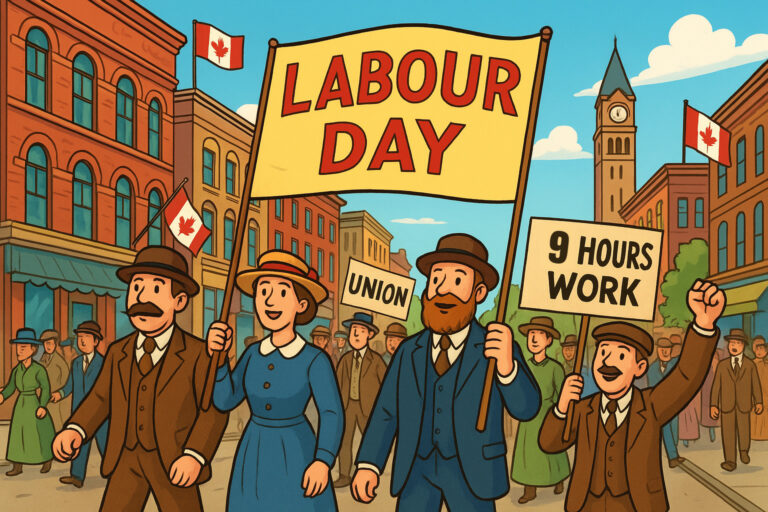
A long time ago, in the 1870s, workers in Canada didn’t always have fair hours or safe jobs. In Toronto, a group of printers who worked for newspapers decided they wanted something better—a workday that was only nine hours long instead of ten to twelve hours per day. When the leaders of this group were…
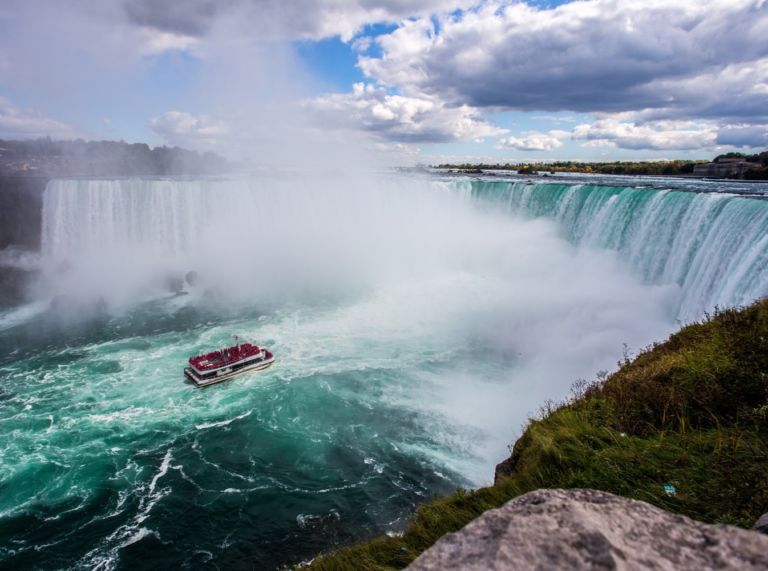
Ontario is a province of Canada. Located in Central Canada and is Canada’s most populous province, with 38.3 percent of the country’s population, and is the second-largest province in total area. It is home to the nation’s capital city Ottawa, and the nation’s most populous city, Toronto which is also Ontario’s provincial capital. The great…
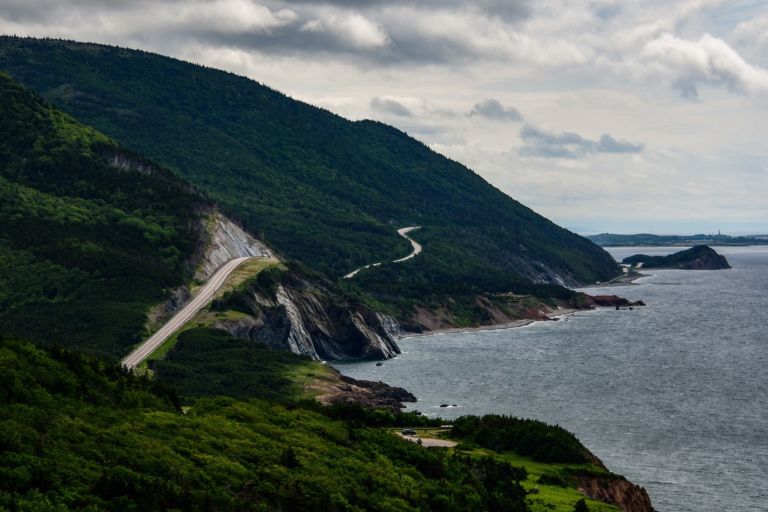
Nova Scotia is one of Canada’s three Maritime Provinces, and one of the four provinces that form Atlantic Canada. Nova Scotia, which includes Cape Breton Island has over 3,800 coastal islands and a whopping 13,000 plus km of coastline. You can see why most of the population lives and works in a coastal community. The sea…
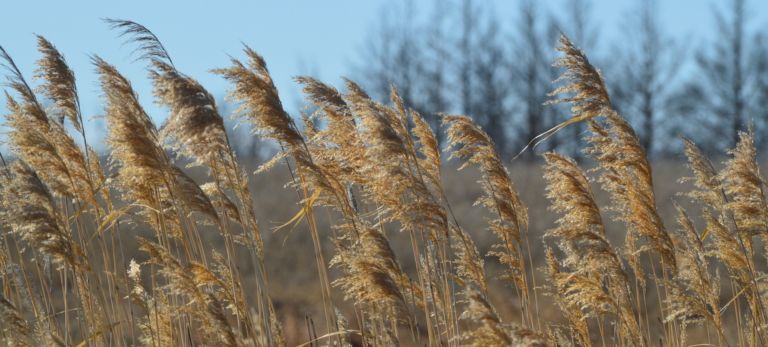
Take a look at the interesting things this prairie province has to offer! Saskatchewan is a prairie and boreal province in western Canada, the only province without a natural border. Saskatchewan is a landlocked province with large distances to moderating bodies of waters. As a result, its climate is extremely continental, rendering severe winters throughout…
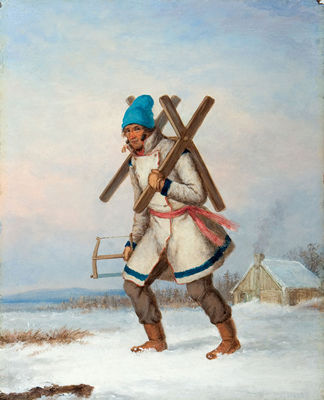
Lyrics in French (Canadian dialect): Quand on part des chanquiers Mes chers amis tous le coeur gai Pour aller voir tous nos parents Mes chers amis le coeur content. Envoyons d’l’avant nos gens Envoyons d’l’avant! Mais qu’nos amis nous voyent arriver Y vont s’mettr’ à rire, à chanter. Dimanche au soir à la veillée Nous…
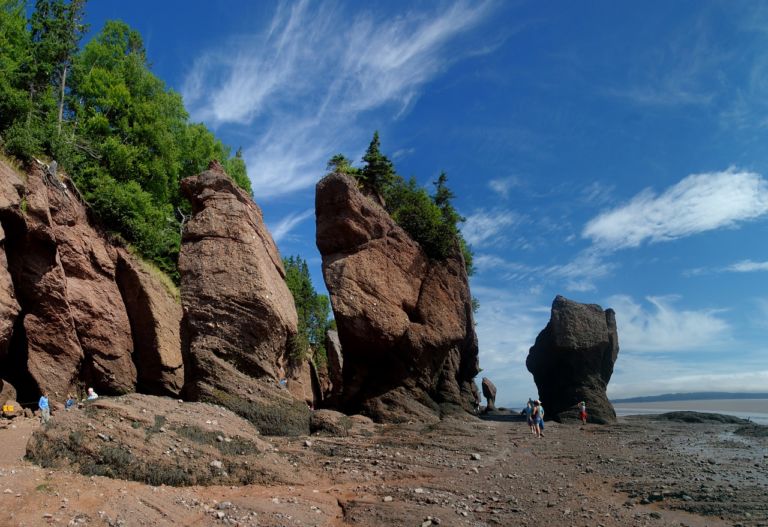
New Brunswick is one of four Atlantic provinces in eastern Canada. New Brunswick is the only officially bilingual province, has the highest tides in the world, and is mostly forested. Historically, ship building and forestry were two of the most important industries. New Brunswick’s terrain is mostly forested uplands, with much of the land further…
Lyrics in French (Canadian dialect):
Quand on part des chanquiers
Mes chers amis tous le coeur gai
Pour aller voir tous nos parents
Mes chers amis le coeur content.
Envoyons d’l’avant nos gens
Envoyons d’l’avant!
Mais qu’nos amis nous voyent arriver
Y vont s’mettr’ à rire, à chanter.
Dimanche au soir à la veillée
Nous irons voir nos compagnées.
Dimanche au soir à la veillée
Nous irons voir nos compagnées.
Elles vont nous dire mais en entrant
V’là mon amant, j’ai l’coeur content!
Elles vont nous dire mais en entrant
V’là mon amant, j’ai l’coeur content!
Et au milieu de la veillée
Elles vont nous parler d’leus cavaliers.
Et au milieu de la veillée
Elles vont nous parler d’leurs cavaliers.
Elles vont nous dire mais en partant
As-tu fréquenté des amants?
Elles vont nous dire mais en partant
As-tu fréquenté des amants?
Qui a composé la chanson?
C’est Jos Blanchet le joli garçon!
English translation:
When we leave the chanquiers (woodworking locations)
My dear friends, all with hearts gay,
To see all our friends and family,
My dear friends, all with hearts gay,
Let’s go boys, let’s go!
Let’s go boys, let’s go!
When our friends will see us arrive,
They start laughing and singing,
Sunday night at the vigil,
We’ll go see our partners,
Sunday night at the vigil,
We’ll go see our partners,
They’ll tell us as we enter,
Here’s my lover, my heart is happy,
They’ll tell us as we enter,
Here’s my lover, my heart is happy,
And at the middle of the vigil,
They’ll tell us of their lovers,
And at the middle of the vigil,
They’ll tell us of their lovers,
And they’ll ask us as we leave,
Did you go see any mistresses?
And they’ll ask us as we leave,
Did you go see any mistresses?
Who wrote the song?
It was Jo Blanchet, the pretty boy
You can see how this popup was set up in our step-by-step guide: https://wppopupmaker.com/guides/auto-opening-announcement-popups/